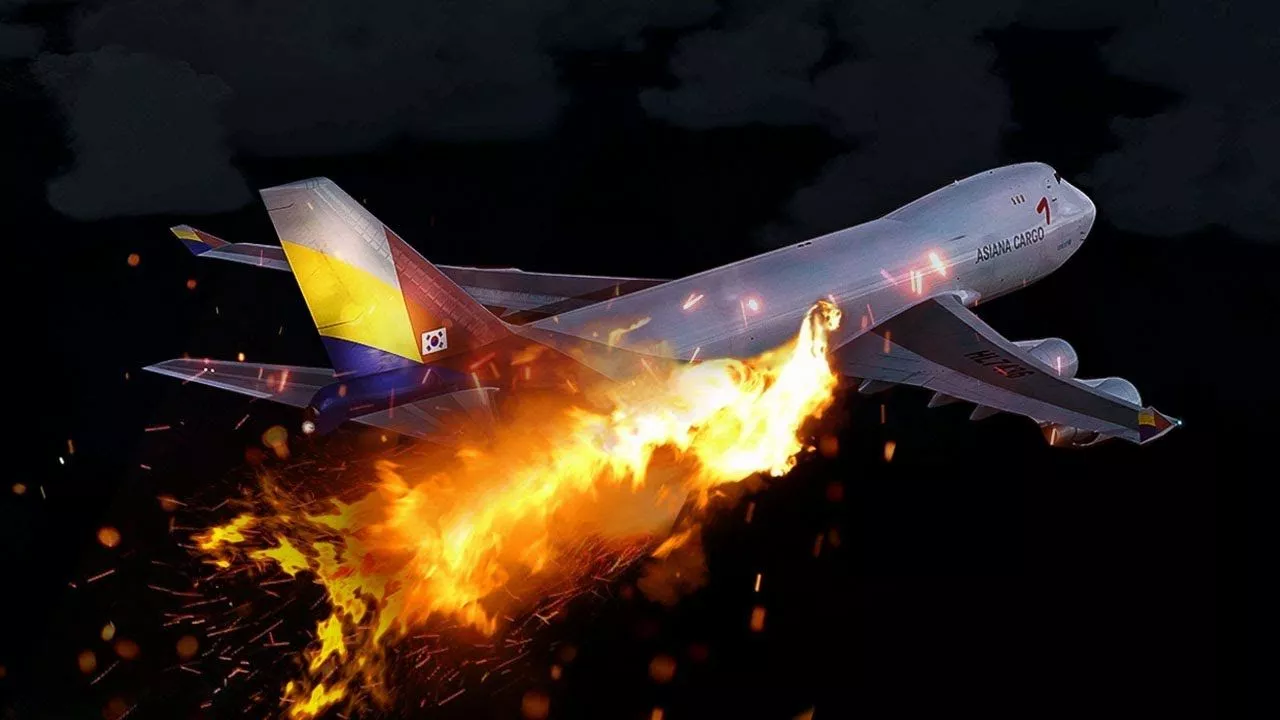Flight Accidents: What Really Happens When Planes Go Wrong
Ever watched a news clip of a plane crash and wondered what caused it? You’re not alone. From sudden weather changes to mechanical failures, the reasons behind flight accidents are varied, but the good news is most of them can be avoided with proper safety measures and smarter planning.
Common Triggers Behind Recent Accidents
Weather is a top culprit. Heavy rain, low visibility, and strong winds can force pilots to divert or even abort a landing. For example, the recent chaos at Delhi’s IGI Airport saw 14 diversions because storms made the runway unsafe. Pilots also face icing, turbulence, and unexpected micro‑bursts that can knock a plane off course.
Technical glitches are another frequent cause. Faulty sensors, engine hiccups, or outdated software can lead to loss of control. Airlines that skip regular maintenance checks see higher incident rates, which is why regulators push strict inspection schedules.
Human error still plays a role. Misreading instruments, communication lapses with air traffic control, or fatigue can turn a routine flight into a risky situation. Training programs that simulate emergency scenarios help pilots stay sharp, but the pressure of tight schedules can erode vigilance.
How to Protect Yourself When Flying
First, keep an eye on the weather forecast for your route. If you notice a yellow or orange alert, consider asking the airline about alternative flight times. Most carriers will re‑book you without extra fees when safety is at stake.
Second, always wear your seatbelt when seated, not just during take‑off and landing. Turbulence can hit unexpectedly, and a fastened belt is the simplest way to stay safe.
Third, pay attention to the pre‑flight safety demo. It may feel repetitive, but knowing the nearest exit and how to use the oxygen mask can save minutes in an emergency.
Lastly, choose airlines with strong safety records. Look up their incident history—most aviation authorities publish these stats online. A carrier that invests in newer aircraft and rigorous crew training usually offers a smoother, safer ride.While headlines about crashes grab attention, the reality is that air travel remains one of the safest transport modes when you stay informed and follow basic safety practices. By understanding the common triggers and taking a few proactive steps, you can travel with confidence, even when the skies get a little rough.
Can 2 planes collide mid air?
Well, folks, buckle up! As daunting as the question may sound, it's possible for 2 planes to collide mid-air, but it's as rare as a chicken with dentures! Our skies are packed with safety net systems, like traffic collision avoidance systems, and air traffic controllers, who are like traffic cops for airplanes. These systems don't just prevent a mid-air version of a fender bender, they're so good, you're more likely to win the lottery while being struck by lightning. So, next time you're airborne, don't sweat it, chances of a mid-air collision are lower than my attempts at cooking a decent meal!
